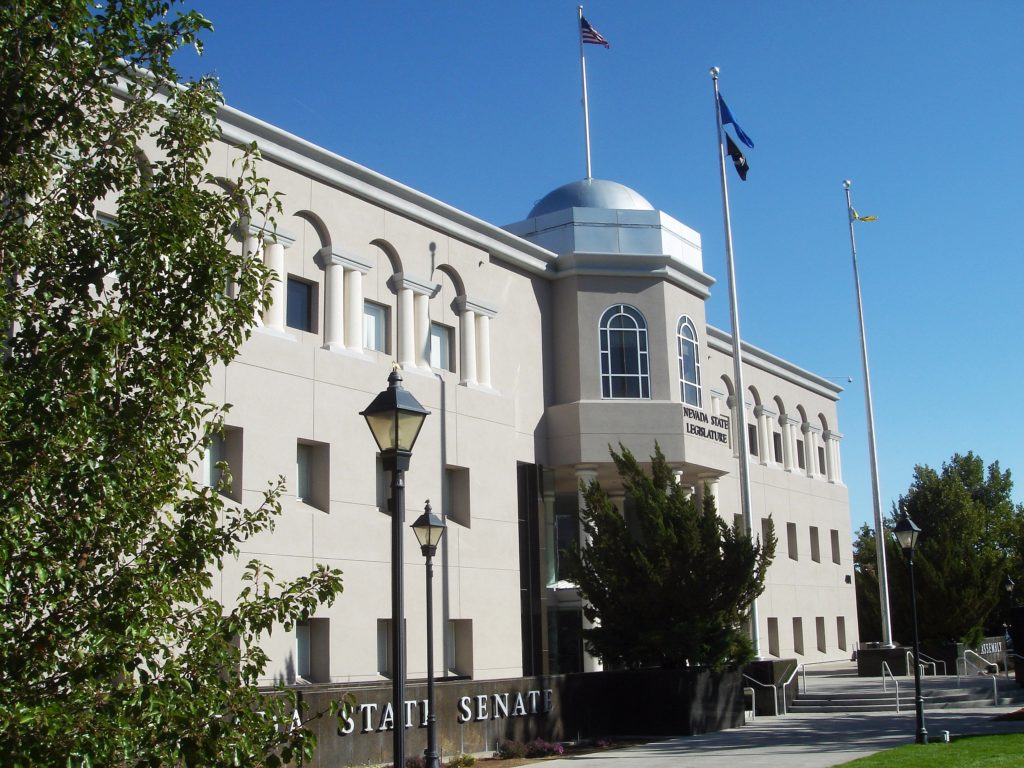As a state known for its tolerance of activities that are illegal elsewhere, such as gambling and prostitution, Nevada has carved out a unique niche in American culture. The legalization of recreational marijuana on January 1, 2017, following the passage of Question 2 on the 2016 ballot, marked another progressive step for the Silver State. The first licensed sales of recreational cannabis began on July 1, 2017. But where does Nevada stand on kratom, the controversial Southeast Asian plant?
Kratom Legislation in Nevada
In June 2019, Nevada enacted the Kratom Consumer Protection Act (KCPA), a significant piece of legislation advocated by the American Kratom Association (AKA). This act mandates:
Product registration: Ensuring that all kratom products are registered with appropriate authorities.
Age restrictions: Prohibiting the sale of kratom to individuals under 18 years of age.
Accurate labeling: Requiring clear and truthful labeling of kratom products.
Controls against adulteration: Preventing the addition of harmful substances to kratom.
Prohibition of synthetic alkaloids: Banning synthetic versions of kratom’s active compounds.
Limits on 7-hydroxymitragynine content: Regulating the concentration of one of kratom’s most potent alkaloids.
As a result, the quality of kratom in Nevada is strictly regulated, and selling contaminated kratom is punishable by law.
Challenges to Kratom's Legality
Despite the comprehensive regulatory framework, threats to kratom’s legality have emerged. On March 15, 2022, the Nevada Board of Pharmacy announced its intent to classify kratom as a Schedule I controlled substance. Advocacy efforts by the AKA and passionate consumers led to the proposal being removed from the agenda.
In 2022, Representative Duy Nguyen introduced bill AB322 to further strengthen kratom regulations. By 2023, this updated KCPA bill, which would have required kratom processors to register with the Division of Public and Behavioral Health of the Department of Health and Human Services, passed Nevada’s House and Senate and was sent to the governor’s desk. However, Governor Joe Lombardo vetoed the bill, citing outdated FDA guidelines and the lack of approved medical uses for kratom. The veto also had political undertones, as the Republican governor was making sweeping vetoes of legislation sponsored by Democrats in retaliation for the party’s opposition to public funding for building a football stadium in Las Vegas.
Therefore, kratom remains legal and regulated under the 2019 KCPA in Nevada.

Nevada's Broader Drug Policies
Nevada’s approach to drug policy is characterized by its progressive stance on cannabis. Medical marijuana has been legal since 2000, with recreational use following in 2017. The state’s marijuana laws are some of the most lenient in the country, allowing adults 21 and older to possess up to one ounce of cannabis or 1/8 ounce of concentrated cannabis.
Moreover, Nevada has implemented policies aimed at harm reduction. Needle exchange programs are available to reduce the spread of infectious diseases among intravenous drug users. The state also provides access to naloxone, a life-saving medication that can reverse opioid overdoses.
Conclusion
Nevada’s drug laws reflect a blend of tolerance and regulation, aiming to balance public health concerns with individual freedoms. The regulation of kratom under the 2019 KCPA ensures product safety and consumer protection, while the state’s broader drug policies demonstrate a commitment to harm reduction and progressive legislation.
